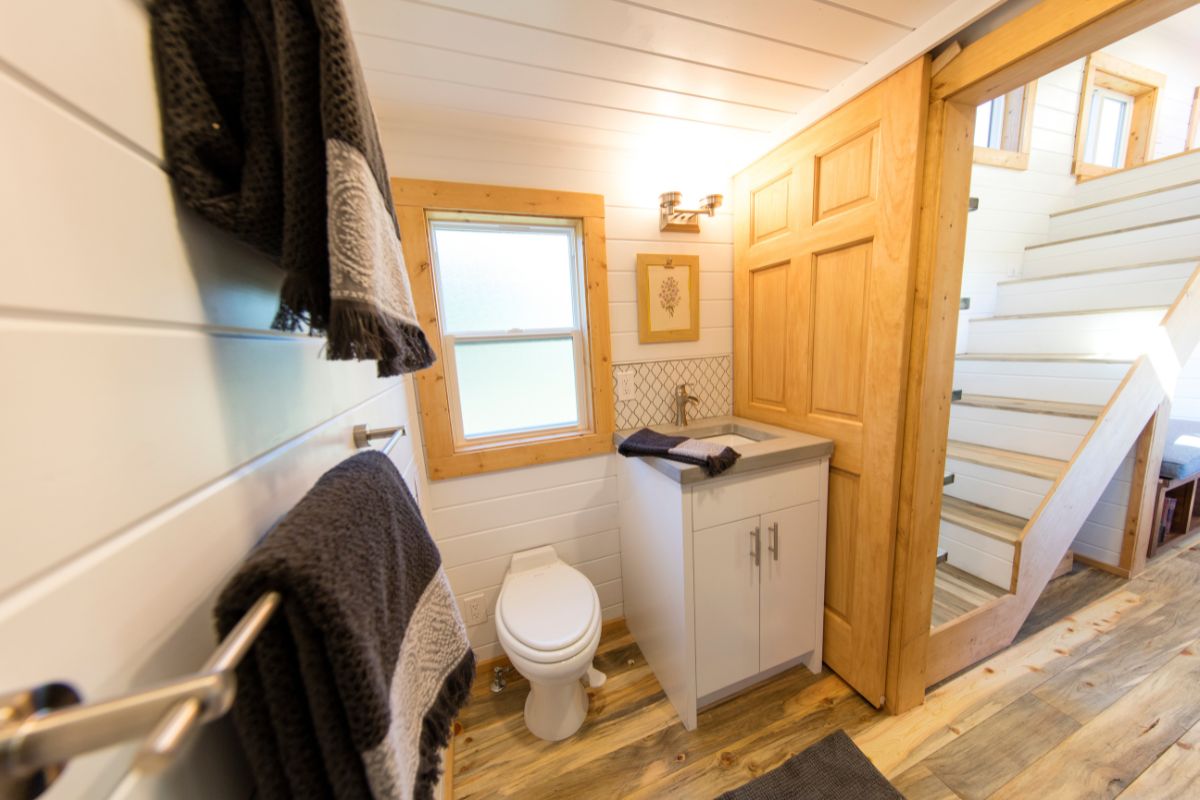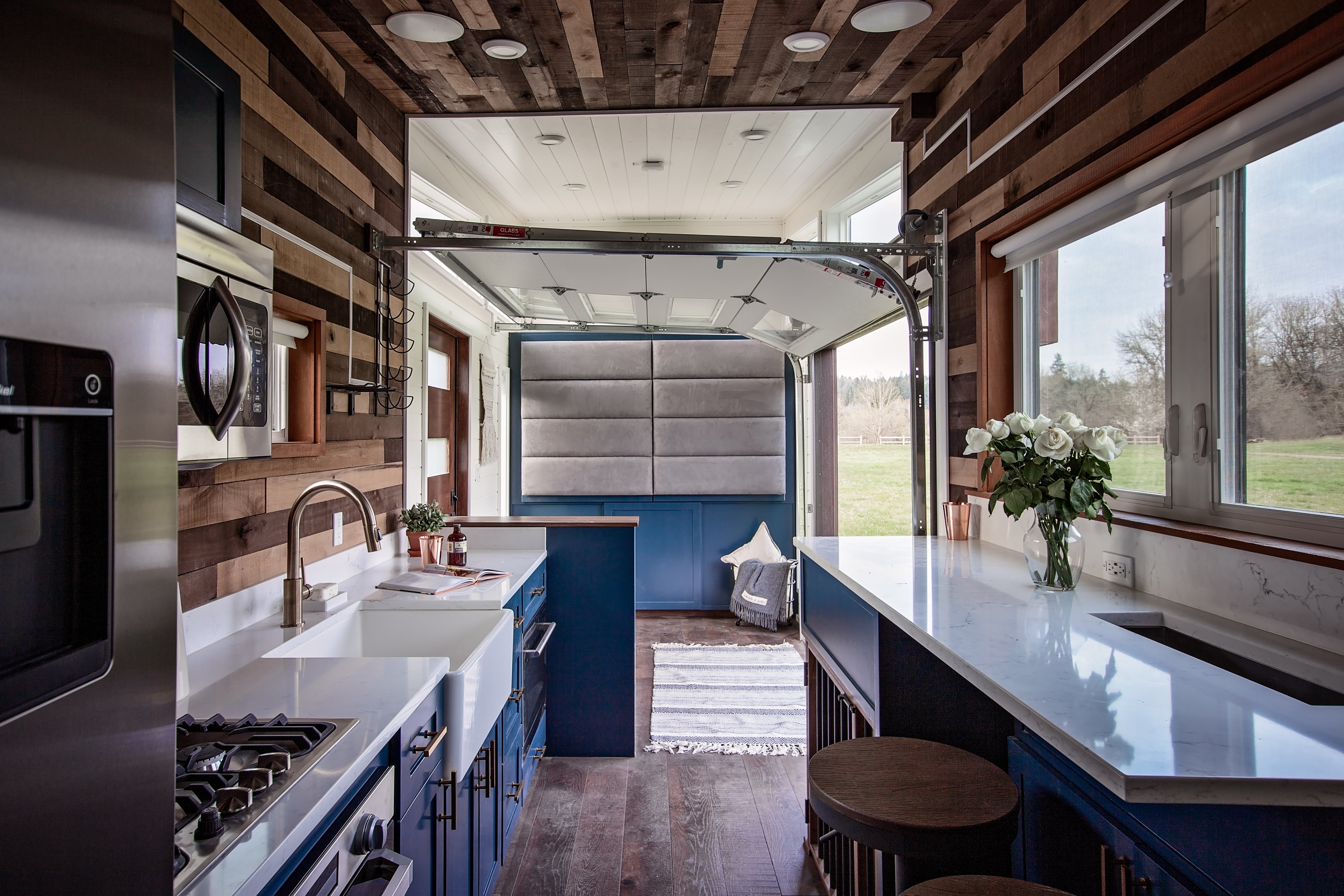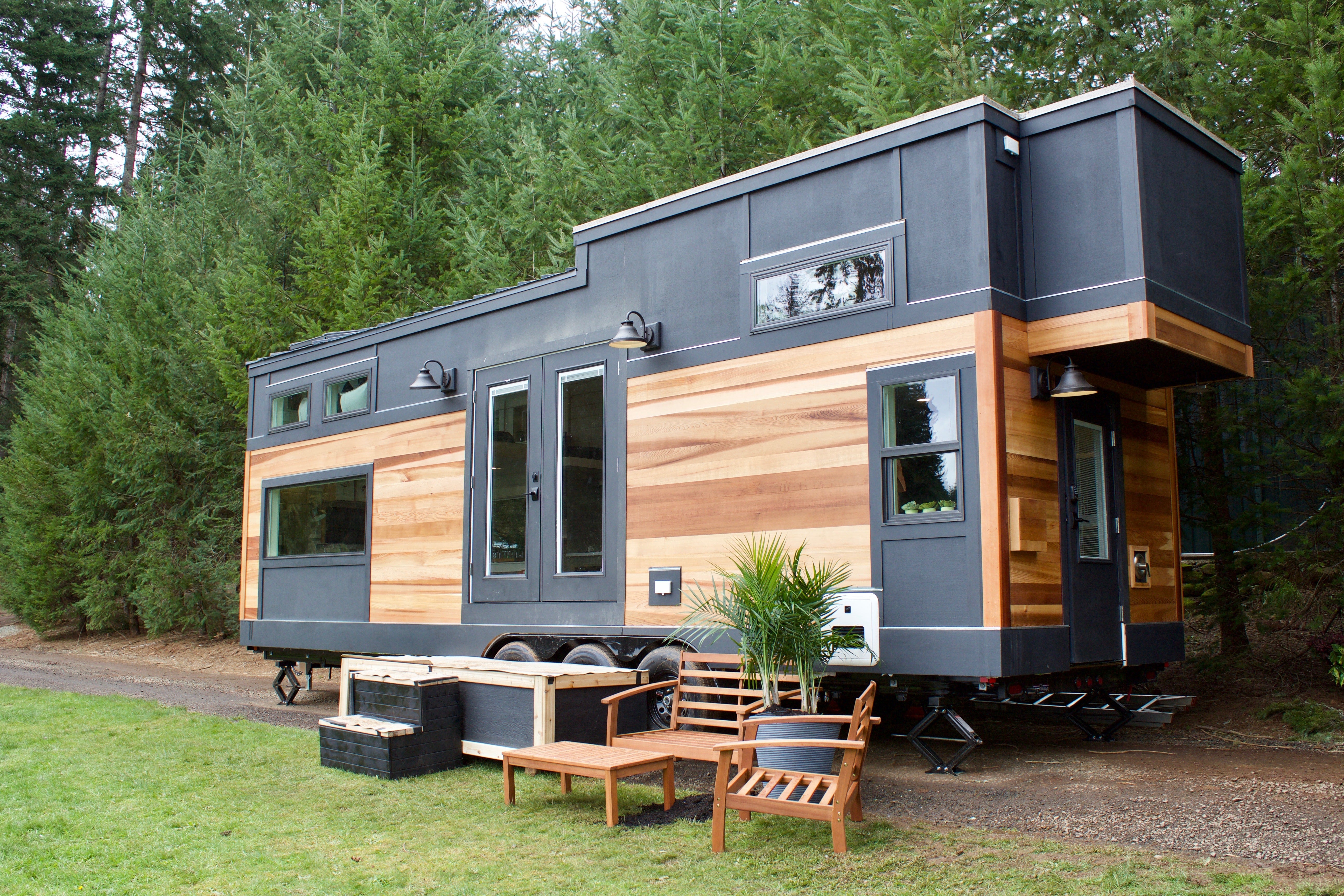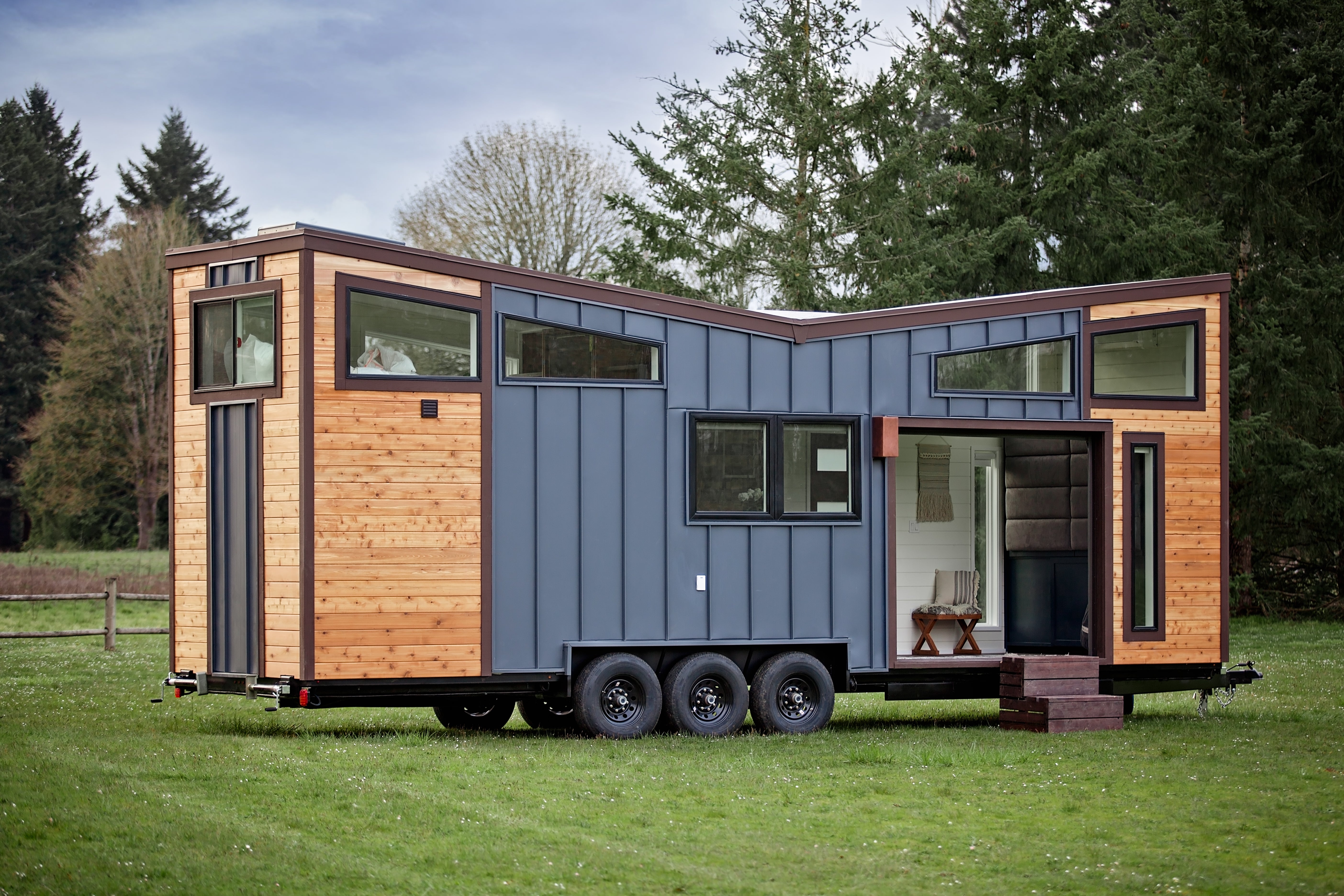Living in a tiny house offers freedom, sustainability, and a more intentional lifestyle, but going off-grid adds a new level of complexity. One of the biggest challenges is ensuring you have a safe, reliable, and efficient plumbing system that works independently of municipal connections.
Whether you’re installing water lines, choosing fixtures, or setting up waste management systems, having guidance from the best plumbers in Knoxville TN can make the difference between a hassle-free experience and ongoing headaches.
Understanding the essentials of off-grid plumbing helps homeowners prepare for a comfortable and functional living space, no matter where they choose to park or build.
Understanding Off-Grid Plumbing Basics
At its core, off-grid plumbing means you aren’t connected to city water or sewage systems. Instead, you’ll need self-sustaining systems for both a clean water supply and wastewater disposal. This makes planning more critical than in traditional homes, as every gallon of water must be accounted for and managed carefully.
The basics typically involve a water source, a method of storage, delivery systems for fixtures, and waste management solutions. Tiny house owners often rely on combinations of rainwater harvesting, water tanks, composting toilets, and greywater systems. Each choice should be guided by both lifestyle needs and environmental conditions to ensure practicality and compliance with local regulations.

Sourcing and Storing Water
Clean water is the foundation of any plumbing system. Off-grid tiny homes usually depend on wells, delivered water tanks, or rainwater collection systems. Rainwater harvesting has grown in popularity because it reduces dependence on external suppliers and supports sustainability goals. However, collected water must be filtered and purified to ensure safety.
Storage tanks are another critical element. They need to be large enough to meet your daily needs while remaining compact enough to fit within limited space. Proper placement of these tanks—either under the home, inside storage compartments, or underground—is essential for efficient plumbing design. Incorporating pressure pumps ensures that sinks, showers, and appliances function much like in a traditional home, even with limited water supplies.
Greywater and Blackwater Management
Off-grid plumbing also requires careful consideration of what happens to the water after it is used. Greywater, which comes from sinks and showers, can often be recycled for purposes like flushing toilets or watering non-edible plants. Simple filtration systems make this process safe and efficient, reducing waste while conserving resources.
Blackwater, or wastewater from toilets, is more complicated to manage. Composting toilets are a popular choice in tiny homes, as they eliminate the need for a traditional septic system and reduce environmental impact. In cases where a septic tank is required, working with an experienced plumber ensures the system is properly sized and installed for both safety and compliance.
Heating Water in Off-Grid Homes
Another consideration is hot water access. While tank-based heaters may be impractical in a tiny home, tankless water heaters are a space-saving and energy-efficient option. These systems heat water on demand, ensuring you don’t waste energy keeping a large volume warm when it isn’t needed.
Off-grid owners often pair tankless heaters with propane, solar energy, or hybrid systems. The choice depends on budget, location, and the home’s overall energy design. Regardless of the method, ensuring proper installation and venting is critical for both safety and efficiency.

The Role of Professional Plumbers
While tiny house living encourages DIY solutions, plumbing is one area where professional expertise is invaluable. Incorrectly installed pipes, fittings, or tanks can lead to leaks, water damage, or even health hazards. Skilled plumbers not only understand the mechanics of off-grid systems but can also help design custom setups that fit the unique space and lifestyle requirements of tiny homes.
Professionals also ensure compliance with building codes and environmental regulations, which can vary widely by state or municipality. This guidance helps avoid fines or costly modifications later on. Having a trusted plumber on hand during installation and for ongoing maintenance provides peace of mind and long-term reliability.
Balancing Efficiency with Comfort
Off-grid plumbing requires homeowners to strike a balance between efficiency and comfort. Limited water supplies mean adopting habits that conserve resources, such as shorter showers or using low-flow fixtures. Yet with careful planning, it’s possible to enjoy the same conveniences as larger homes while minimizing waste.
Choosing high-quality fixtures designed for efficiency ensures that daily living remains comfortable. Many modern solutions blend innovative design with sustainability, giving tiny homeowners both style and practicality in a compact package.
Conclusion
Plumbing is the backbone of any livable tiny house, especially when going off-grid. From sourcing clean water to managing waste and heating systems, each decision impacts comfort, safety, and sustainability. With the right design, efficient fixtures, and professional installation, tiny house owners can create systems that are both functional and eco-friendly. By planning ahead and consulting experts, living off-grid in a tiny house becomes not just a dream but a reliable, sustainable lifestyle.






Share: